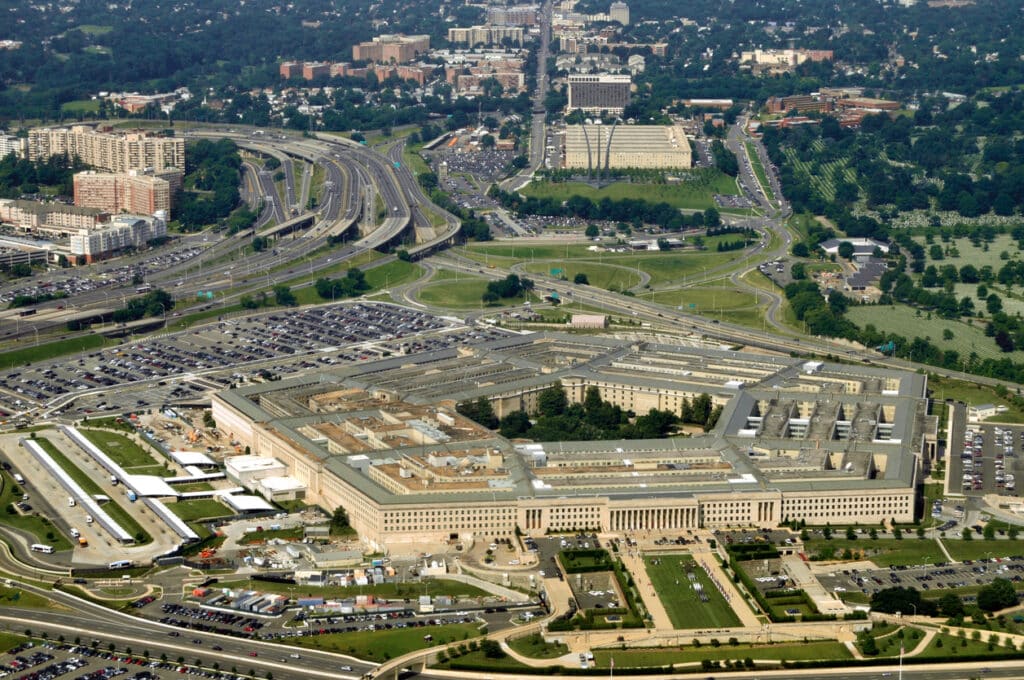The United States Department of Defense (DOD) and Coast Guard have failed to fully implement measures to oversee the prevention and response efforts to sexual assault, according to a report by the Government Accountability Office (GAO). In particular, the March 28 report details failures by the DOD in its oversight of retaliation against individuals who report sexual assault.
The GAO conducted the report due in part to the fact that sexual assaults in the military continue to increase despite actions taken by Congress, the DOD, and the Coast Guard to prevent and address them. According to the GAO, “Congress passed 249 statutory requirements between 2004 and 2019 to improve how the military: helps sexual assault victims, prevents sexual assaults, manages and oversees prevention efforts, investigates cases and conducts judicial proceedings. DOD and the Coast Guard have met most of these requirements but not all of them. Also, they don’t have enough oversight to know whether some of their efforts are effective.”
Overall, the GAO found that the DOD only partially implemented 24 requirements and fully did not implement 5 requirements. “For example,” the report states, “DOD did not report certain information in annual reports; establish and implement an evaluation plan to assess the effectiveness of the outcomes of its programs and activities related to sexual assault prevention and response; or ensure the tracking of commander compliance for conducting organizational climate assessments.”
Since 2004, the DOD has been required to submit an annual report to Congress overviewing sexual assault in the military. The GAO reports that the DOD failed to include some of the statutorily required information in the reports.
One area where the DOD has failed in its reporting is information on retaliation complaints. Section 543 of the the National Defense Authorization Act for Fiscal Year 2017 requires that the DOD report specific information on each claim of retaliation in connection with a report of sexual assault in the Armed Force made by or against a member of such Armed Force.
According to the GAO report, while the DOD did provide information on retaliation complaints, “the information was aggregated and not provided for each individual claim of retaliation for all applicable fiscal years (2016–2020).”
“Further,” the report continues, “DOD did not include required information related to investigations of retaliation. Specifically, DOD did not include a description of the results of completed investigations, including whether the results were provided to the complainant. DOD also did not include, if the investigation determined that retaliation occurred, whether the retaliation was an offense under the Uniform Code of Military Justice.”
The GAO also found that the DOD has not established a required evaluation plan to assess the effectiveness of its Sexual Assault Prevention and Response (SAPR) programs. This includes those concerning retaliation and prevention. The agency cited an April 2016 report from the DOD that stated the DOD “lacked a long-term process to assess the effectiveness of efforts to prevent and respond to retaliation.”
The last shortcoming by the Armed Forces in regards to the oversight of retaliation against sexual assault whistleblowers concerns the DOD’s failure to fully implement required oversight of commanders’ compliance to conduct command climate assessments. These required command climate assessments provide an opportunity for members of the Armed Forces to express opinions regarding the manner and extent to which commanders and supervisors respond to allegations of sexual assault.
The GAO found that both the Air Forces and Marines Corps failed to require that performance appraisals of commanders include information about if the commander has fostered a climate where a victim of criminal activity, including sexual assault, can report the criminal activity without fear of retaliation.
In summation of its findings, the GAO stated that “[u]ntil DOD fully implements all of these statutory requirements, such as those related to program evaluations, Congress and DOD may continue to lack necessary data about the effectiveness of programs and activities, which can affect oversight. Additionally, DOD may not ensure compliance with the laws and may not fully implement efforts to support victims and prevent sexual assaults.”
Read:
